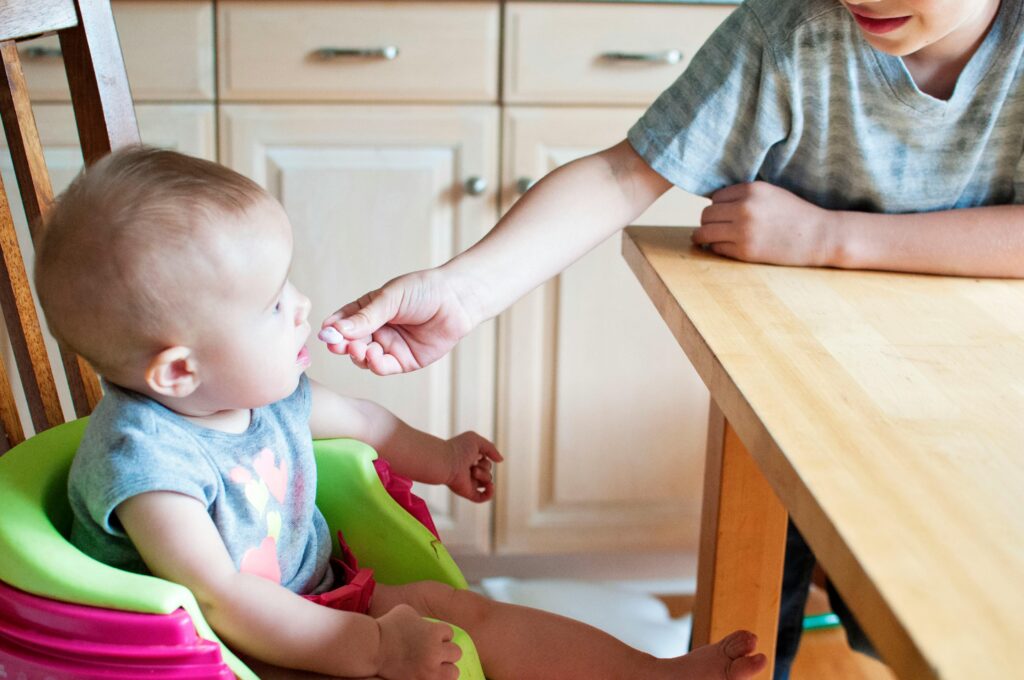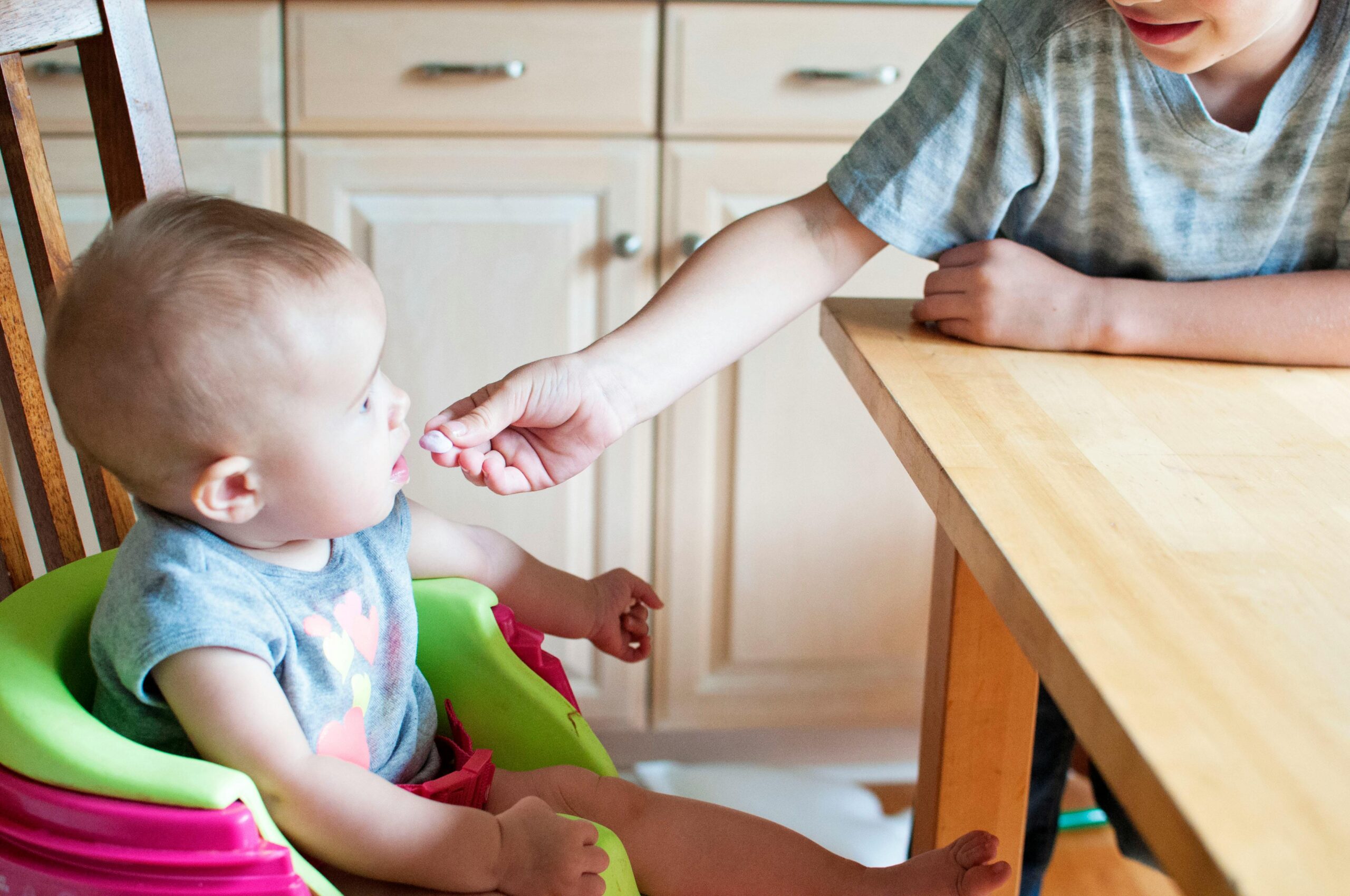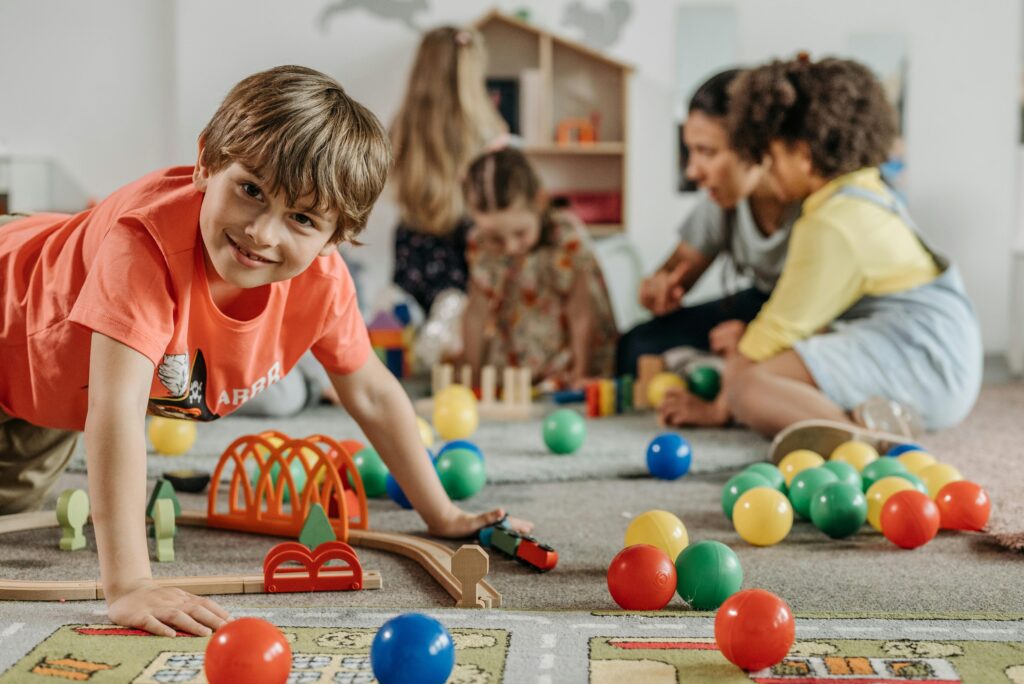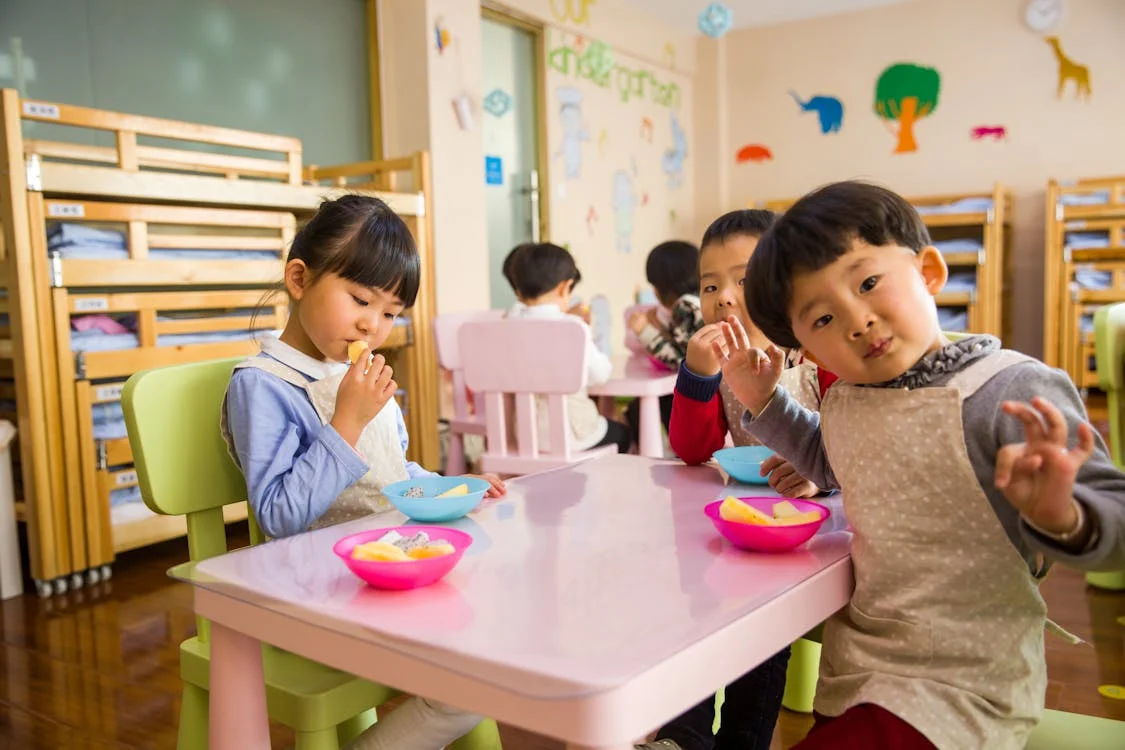Nutrition during early childhood plays a critical role in shaping a child’s physical health, brain development, immune system, and long-term well-being. At Lidcombe ChildCare, we understand that healthy eating habits begin early and have a lasting impact. In this article, we explore the core principles of balanced nutrition for children aged 0–6 and offer practical tips to help families support their child’s growth.
Why Early Nutrition Matters
The first six years of life represent a period of rapid development. During this time, a child’s body and brain are growing faster than at any other point in life. Proper nutrition provides the essential building blocks — including proteins, healthy fats, vitamins, and minerals — that support:
- Brain development and cognitive function
- Strong bones and muscles
- A healthy immune system
- Emotional regulation and behavior
- Long-term habits around food and health
At Lidcombe ChildCare, we integrate nutrition education into our daily routines and encourage positive attitudes toward food from a young age.
Key Nutritional Components for Children 0–6
1. Protein
Essential for growth, tissue repair, and immune function.
Sources: Lean meats, eggs, dairy, tofu, legumes, and fish (age-appropriate).
2. Fruits and Vegetables
Rich in vitamins, minerals, and fiber. They support digestion and immunity.
Tip: Offer a variety of colors and textures to make mealtimes enjoyable.
3. Whole Grains
Provide long-lasting energy and support brain function.
Sources: Wholemeal bread, brown rice, oats, and quinoa.
4. Dairy or Calcium Alternatives
Important for bone and teeth development.
Sources: Milk, cheese, yoghurt, or fortified plant-based alternatives.
5. Healthy Fats
Support brain development and energy needs.
Sources: Avocado, olive oil, nuts (if age-appropriate), and fatty fish.
6. Water
The best drink for hydration. Limit sugary drinks and encourage regular water intake.
Practical Tips for Parents
- Keep meals regular and structured: Children thrive on predictable routines. Offer three main meals and two healthy snacks each day.
- Involve children in food preparation: Letting children help with simple tasks like washing vegetables or stirring ingredients increases their interest in trying new foods.
- Respect hunger and fullness cues: Avoid pressuring children to eat. Instead, offer nutritious options and let them listen to their bodies.
- Minimize processed foods: While occasional treats are fine, focus on whole, minimally processed ingredients as the foundation of each meal.
- Be a role model: Children learn by example. Eating a variety of healthy foods yourself encourages them to do the same.
At Lidcombe ChildCare, we work closely with families to ensure that each child receives nutritious meals that support their health and developmental needs.
Supporting Healthy Eating in Early Learning Environments
Our team at Lidcombe ChildCare is committed to creating a positive food environment. This includes:
- Providing balanced and age-appropriate meals and snacks
- Accommodating dietary restrictions and cultural food preferences
- Teaching children about food groups and healthy choices through play-based learning
- Encouraging polite mealtime behaviors and social interaction
We believe that when nutrition and education go hand in hand, children are better prepared to grow, learn, and thrive.
About Lidcombe ChildCare
Lidcombe ChildCare offers a nurturing, safe, and developmentally appropriate environment for children aged 0–6 years. Our commitment to health and well-being is reflected in every aspect of our program — including the meals we serve and the habits we promote.
To learn more about how we support your child’s nutritional needs, visit us or contact our team for more information.














